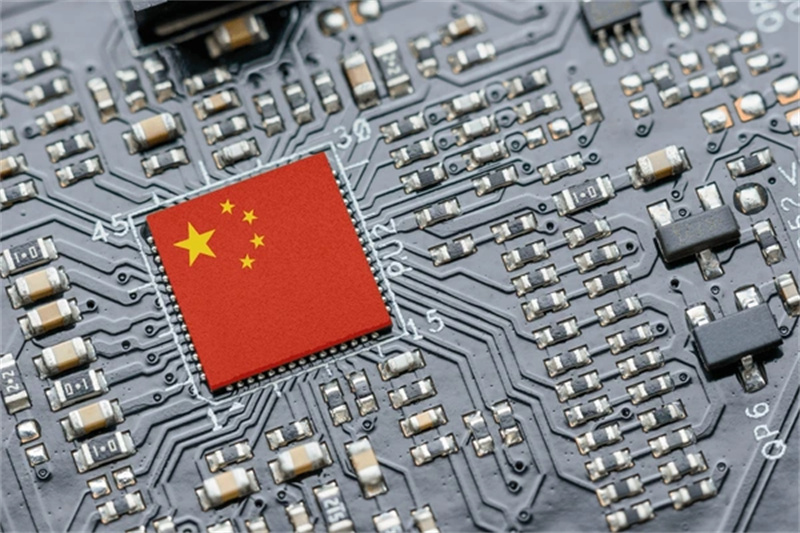The growth of Mainland China's PCB (Printed Circuit Board) sector, part of the so-called "Red Supply Chain," is set to propel it to the top of the global rankings. According to the Taiwan Printed Circuit Association (TPCA), Mainland China's PCB industry is expected to surge to $26.79 billion in 2024, marking a 16.6% year-on-year increase. This would push Mainland China's global market share to 32.8%, potentially making it the largest in the world. Additionally, by the end of 2024, 27 Mainland Chinese and Hong Kong-based PCB manufacturers are anticipated to invest in Thailand, targeting opportunities in AI servers and automotive electronics.
The recent report by TPCA and Taiwan's Industrial Technology Research Institute notes that in 2023, Mainland China's PCB manufacturers held a 30.5% share of the global market, with a production value of $22.98 billion, ranking second worldwide. Key products include multilayer boards (39.3%), HDI (High-Density Interconnect) boards (27.8%), and flexible boards (24.2%). The primary applications are in communication (28.9%), automotive (26.9%), computers (23.8%), and consumer electronics (12.1%).
In the first half of 2024, while Mainland Chinese PCB manufacturers experienced overall revenue growth, many companies saw declines in profit margins due to market expansion pressures. On average, gross margins fell by 0.1 percentage points, though net margins improved slightly by 0.4 percentage points. Smaller firms with annual revenue below RMB 1 billion showed weaker performance, with decreases in gross and net margins by 0.8 and 1.8 percentage points, respectively. In contrast, companies focusing on network communication, servers, and automotive electronics performed better in profitability.

The 2024 outlook predicts strong growth driven by increased demand for AI applications and electric vehicles, spurring a rise in AI server and automotive-related PCB needs. Mainland China remains the largest PCB production base globally, accounting for 51% of global PCB output in 2023. However, in response to geopolitical tensions and a push for diversified supply chains, Mainland Chinese PCB firms are accelerating overseas investments. Thailand has become a preferred destination due to its established infrastructure, mature PCB supply chain, and investment incentives. By the end of 2024, a significant number of Mainland Chinese PCB manufacturers are expected to cluster in Thailand, benefiting from the country's status as the world's ninth-largest auto manufacturing hub and its substantial domestic market.

Mainland China is also advancing semiconductor self-sufficiency with the third phase of its "National Integrated Circuit Industry Investment Fund," focusing on AI chips and high-bandwidth memory (HBM). This shift toward homegrown semiconductor solutions is expected to boost Mainland China's PCB and substrate industries further. In the electric vehicle sector, Mainland China already dominates with over 60% of global production. Government policies, including subsidies, tax incentives, and requirements for automakers to prioritize domestic supply chains, are likely to enhance the market share of Mainland Chinese PCB firms.
As Mainland China's PCB industry expands, competition with Taiwanese companies intensifies. While both regions produce similar products, they cater to different customer bases and market segments. To maintain competitiveness, Taiwanese companies will need to emphasize innovation and product upgrades to secure their position in the international market.
+86 191 9627 2716
+86 181 7379 0595
8:30 a.m. to 5:30 p.m., Monday to Friday
